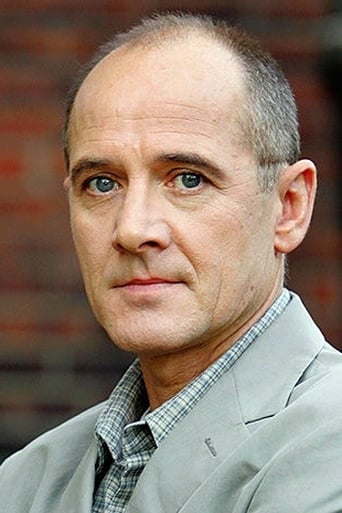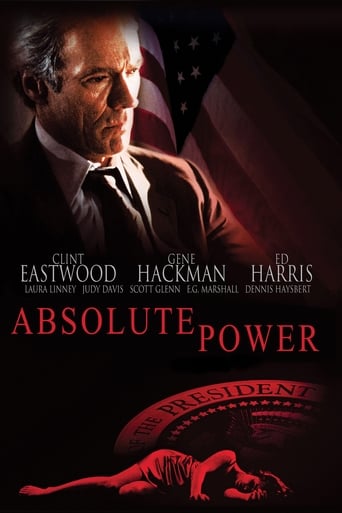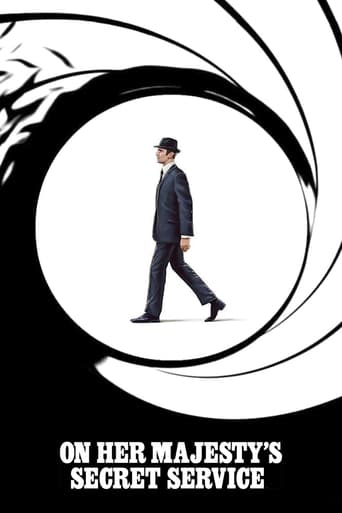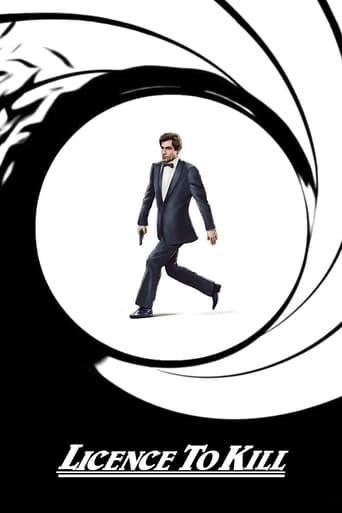The Lives of Others (2006)
In 1984 East Berlin, an agent of the secret police, conducting surveillance on a writer and his lover, finds himself becoming increasingly absorbed by their lives.
Watch Trailer
Free Trial Channels
Cast


Similar titles
Reviews
Very Cool!!!
Boring
It’s not bad or unwatchable but despite the amplitude of the spectacle, the end result is underwhelming.
Actress is magnificent and exudes a hypnotic screen presence in this affecting drama.
This movie was surreal. It wasn't just a movie but an experience, both thrilling and beautiful. One of those movies i will remember for life.
I can keep on saying amazing forever...l superb acting by lead roles...a film that keeps you watching till the very end... deserves all those awards and more...won the academy awards in 2006 And Berlin film festival of that year....and listed among one of the best films in history of cinema ...it sure is it needs to be watched twice It depicts life in east Germany in the eighties in an honest way... Very touching One of the best films i have seen in my life film, i cant recommend it anymore than i do now...
"Beat your wife regularly, even if you don't know why, she will." I doubt the Arabs really invented that saying but it seems like every totalitarian system was based on the idea that no one can make you feel guilty without your consent. Stasi didn't spy on potentially guilty people, but people were guilty already of that suspicion. Stasi: a simple whisper of that name was enough to send shivers down the spine of millions of citizens of the German Democratic Republic. It is not even far from reality to say that the population was divided in two: those who were spied and those who spied, some could slip through the net but for how long? The Stasi used spying and intimidating methods that had nothing to envy from the way Gestapo could treat the German population, and the opening of "The Lives of Others" sets the tone.Wiesler, a Stasi agent, is giving a course. He explains to his students the virtues of keeping a prisoner awaken for forty hours, the so-called arrogance he displays will inevitably be broken. With a no-nonsense didactic tone, he reveals all these little tricks that allow the police to spot the guilt, an innocent person will shout in rage, a guilty one will weep and beg for mercy, a truth will be formulated in different ways but a lie is always made of the same lines. It is tragic that such methods existed, and even more that they sometimes worked. With cold detachment but impressive competence, Wiesler says more about the Stasi than a one-hour documentary, and from the start, the young director Donnersmarck shows a remarkable attention to small details. Notice the scene when a student questions the humanity of the methods, everyone can see Wiesler putting a cross under his name but it's not in the mark, but in the discreet and smooth way he does it and then immediately answers the question. Notice also the prisoners asked to keep his palms on the chair so that the sweat on the cushion can be used for bloodhounds, this element never serves the film but it conveys one crucial element: the Stasi has an eye for detail, and so should we, if we want to appreciate or understand what happens.This attention to detail says even more: anyone could be submitted to surveillance on the basis of suspicion, something that doesn't feel 'right'. When Wiesler is invited to see a play from writer Dreirman (Frederick Koch), all it takes is a simple look at that handsome long-haired man with an opened shirt, and a lovely woman, actress Christa-Maria (Martyna Gedeck), to suggest an investigation. Dreyman did nothing wrong but he's too well-established to be totally clean and something about his friends doesn't feel Kosher, so the Minister (Thomas Thieme) approves, moved by selfish reasons. His last feat was to forbid acclaimed author Gershka to work, when Dreirman defends his friend, the Minister denies such things happen and invites Dreyman to moderate his words.Yet Gershka is the specter of what awaits Dreyman: losing your job, your contacts and the freedom to leave the country, not that everyone wanted to leave Germany, and the height of irony is that many artists were socialists (and would never be as creative as under the totalitarian regime). The veiled threats of the Minister, the situation of Gershka and the relative comfort bourgeois Dreirman lives in, are so many parameters to take into consideration, it's all about choices that jeopardize your life, it's a choice he has to make, and in the movie, choices are often driven by fear. It is very interesting that the biggest "thrills" of the film come from situations where we fear for the protagonists, so we have a taste of what life under this regime was.But what makes the story so unique is that we have two persons who couldn't have been more opposite. Dreyman represents life, conflicts, torments, problems with his work, friends, life, courage or lack of, while Wiesler is a professional agent: he's alone, all dressed in gray, has sex with prostitutes, it is like his existence has been totally dedicated to his job, but by following the daily life of Dreyman, a strange juxtaposition of feelings occurs, he starts to discover a strange one some would call "empathy". The film then becomes a character-study about a man who supposed to study people and we witness his slow but progressive coming-to-realization on the tragedy that people live. There's a magnificent scene with a little boy that shows how Wiesler's foundations are being shaken, for the best.Now, what is exactly "Lives of Others" about? Some would suggest that it is the intrusions into people's private lives and the lessons for today's generations, why are we so content to share our opinions and private lives on social media while they can backfire at us? And what lessons can the free world give when the threats of aggression from the exterior are always served as excuses to intrude into people's private lives? Recently, my Facebook account was blocked because I used a nickname, I'm supposed to send them an ID card to have my account back, that alone gives me an idea of how deeply attached to my privacy I am. Perhaps the worst aspect of the Stasi is that it is somewhat relevant today, in this post-9/11 world.Or maybe the film is simply about goodness and humanity? About the fact that a malevolent presence can as well become a guardian angel, because it takes to get deeper in people's lives, to feel their flaws and weaknesses to realize the extent of the harm... On many levels, the film is inspirational and no one can't resist to the ending, a magnificent visual epitaph from Ulrich Muhe who sadly passed away one year after the film, but whose performance enriched the lives of the "others" that we -movie lovers- are.
"Your missing this film means you necessarily did not live another human dimension of life". That's my simple suggestion,if expected,when it comes to this film.This probably is one of the films directed from first to last minute with the highest degree of intelligence and consciousness a human being can afford or perhaps have ever attempted to exercise. It's worth almost of fifty other films combined and you will feel that glint of humanity that is sublime,instinctive yet here is in distress and being challenged in such an overwhelming way that has only to be felt,ever represented in a film perhaps in the whole of film history.It can test one's breaking points,shake one's core principles that one snuggles deep inside.It teaches what humanity is with grueling and sometimes deeply undermining a test.It can break and penetrate one,it can lacerate one,it can consume one if one believes himself to be a human and;even if he doesn't believe himself to be human,this film will recommend that,that disbelief or desensitization is artificial and imposed thus is not inherently human and can afford to let a man be wavered.It is capable of stirring one's human feelings irrespective of the extent of exposure,hardening to inhumanity one has been or can be imagined to have been subjected to.

















